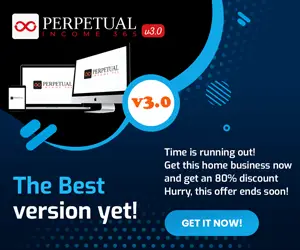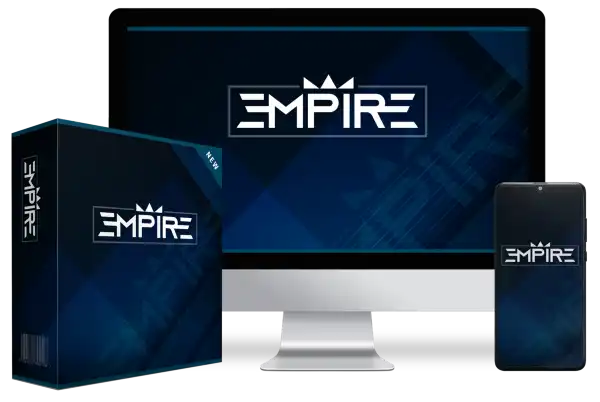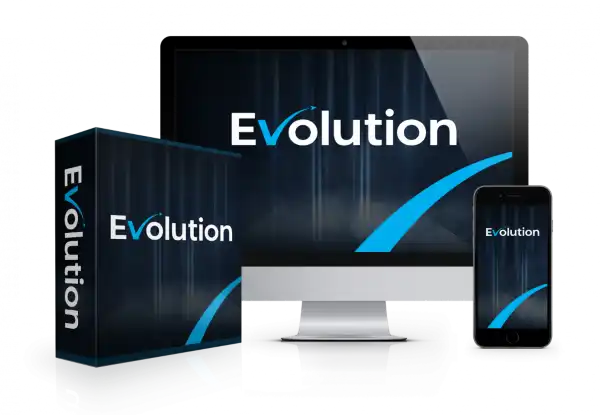Professional Judgment Recovery & Small Claims Processing Course – Step-by-step Judgment Recovery Business Course
Professional Judgment Recovery & Small Claims Processing Course
Step-by-step Judgment Recovery Business Course
Professional Judgment Recovery & Small Claims Processing Course
In a lawsuit, there are two parties involved: the plaintiff, which is the person(s) or entity bringing the case to court. Typically, the plaintiff brings charges against the defendant in an attempt to collect damages.
Financial, property, and emotional damages are assessed and the plaintiff sues for that amount and restitution is awarded.
If the defendant loses the case, he or she is ordered to pay the plaintiff by the court a particular amount of money.
When a debtor ignores a judgment, the creditor must take steps to claim the money. So what can judgment creditors do?
The court system offers no recourse; once the judge makes a decision, the court has no further responsibility. Some creditors turn to attorneys, but very few lawyers are in the business of judgment recovery. The court DOES NOT ENFORCE COLLECTION.
A fee of 50% of the judgment is standard. You charge 50% of the judgment amount for every assignment, plus charge for accrued interest + all expenses. Realistically, you’ll be able to collect about 40%- 60% of those cases. WHERE CAN YOU MAKE PROFITS LIKE THIS?
Learn FAST Professional Judgment Recovery & Small Claims Processing Complete Course cost UNDER $50!
Begin Working Within 1 Week! FREE REPORT … access for FREE, click below psells! Become Property Tax Consultant 100% FREE Report!
Enter your email here
We respect your email privacy
Learn How To Become A Judgment Recovery & Small Claims Recovery Consultant *100% FREE Report!
Can make $75 An Hour (or more) Working Working From Home as a Small Claims Judgment Recovery Processor
Professional Judgment Recovery & Small Claims Processing Course Overview
Getting Work Marketing Plan
Researching Case Files At The Courthouse
Summary Small Claims Court vs. Civil Judgments
Selecting a Case For That Extra Edge You Need To Win
Organizing Your Research
Your Research For Locating People
Your Research For Locating Assets
Your Marketing Letters And Forms To Stand Out
Managing Your Cases – Client Interaction and Negotiations
Fee Negotiation, Contracts, Agreements And Assignments (Forms)
Contacts, Agreements And Assignments (Filings)
Post-Judgment Recovery of Interest and Expenses For Extra Earnings
Business Aspects Of Judgment Recovery
Locating Assets And People
Understanding Negotiations with the Debtor
Asset Recovery Methods
Collection Technicalities, Recovering Assignment Costs
Glossary of Terms and Tools
Learn more About Professional Judgment Recovery & Small Claims Processing Course:
Step-by-step Judgment Recovery Business Course





